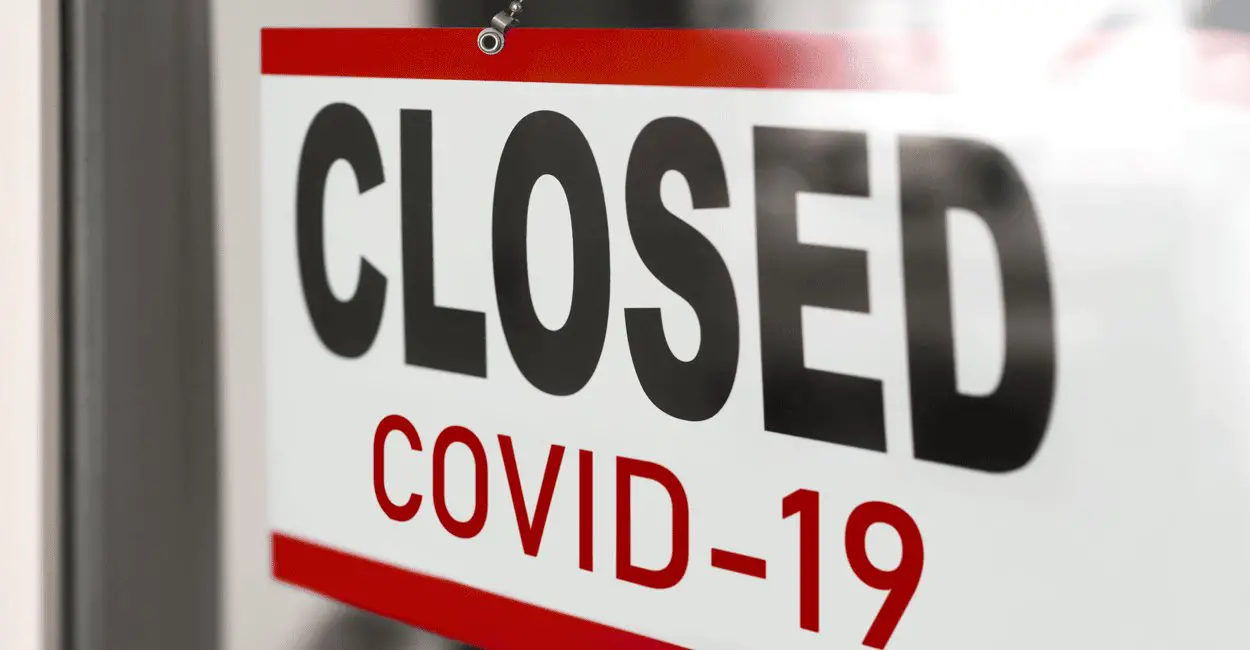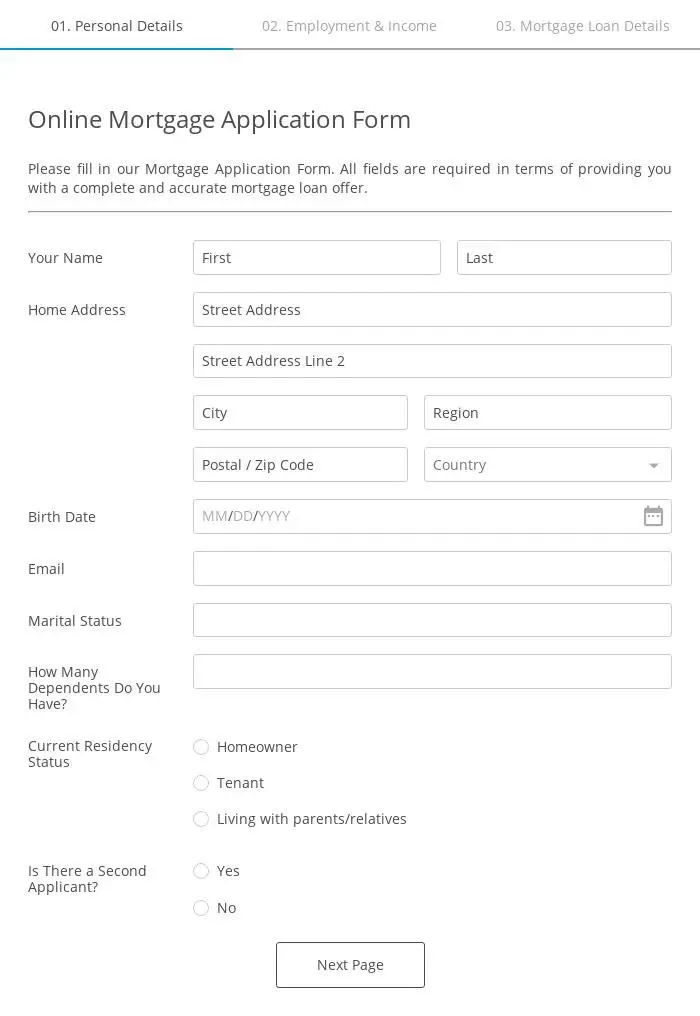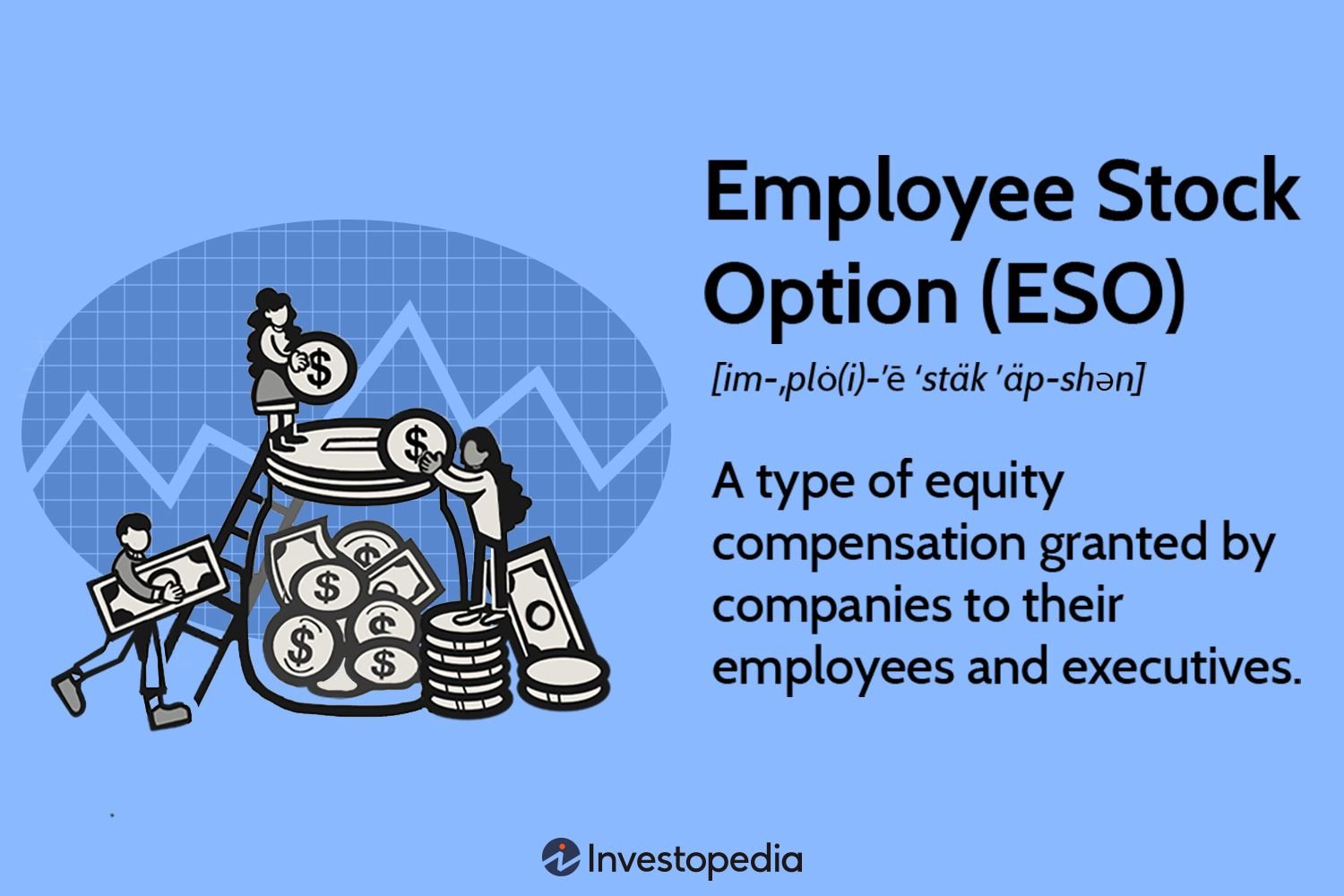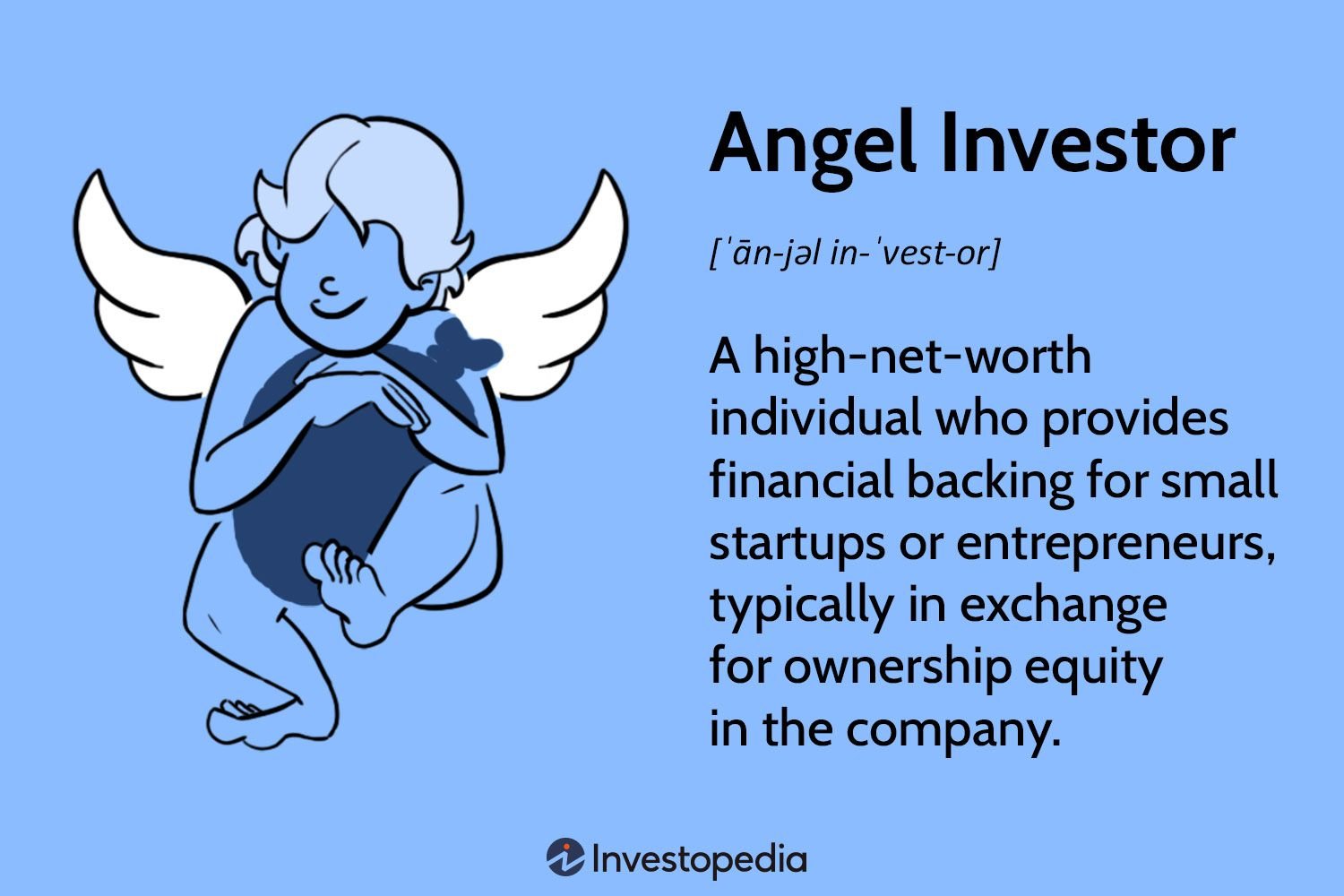Are you facing unemployment and struggling to make ends meet? Don’t worry, because in this article, we will discuss how to manage finances during unemployment. Times may be tough, but with the right strategies, you can navigate this challenging phase and stay in control of your financial situation. Let’s dive in and explore practical tips and techniques that will help you effectively manage your finances while you search for new employment opportunities. From budgeting wisely to exploring alternative income sources, we’ve got you covered. So, let’s get started on your journey towards financial stability during unemployment.
How to Manage Finances During Unemployment
Losing a job can be a challenging and stressful experience, but it’s essential to remain proactive and take control of your finances during this time. Managing your finances effectively can help you navigate through unemployment and maintain financial stability until you secure a new job. In this article, we will explore various strategies and tips to help you manage your finances during unemployment.
Create a Budget
One of the first steps you should take when facing unemployment is to create a budget. A budget helps you understand your income, track your expenses, and make necessary adjustments to ensure your financial well-being. Here’s how you can create a budget:
- List all your sources of income, including any unemployment benefits or severance pay.
- Track your monthly expenses, including bills, groceries, transportation, and any other necessary expenses.
- Categorize your expenses and identify areas where you can cut back or reduce costs.
- Allocate your income based on priority, ensuring essential expenses are covered first.
- Set aside a portion of your budget for emergencies or unexpected expenses.
Creating a budget allows you to maintain control over your finances, avoid unnecessary expenses, and ensure you have sufficient funds for essential needs.
Reduce Expenses
When you’re unemployed, it’s crucial to reduce your expenses and adjust your lifestyle accordingly. Here are some practical ways to cut back on costs:
- Review your monthly bills and consider negotiating lower rates with service providers.
- Cancel or pause any non-essential subscriptions or memberships.
- Opt for cost-effective alternatives such as cooking meals at home instead of eating out.
- Save on utilities by conserving energy and using energy-efficient appliances.
- Consider downsizing or finding more affordable housing options if necessary.
- Explore free or low-cost entertainment options, such as visiting local parks or attending community events.
- Shop smart by utilizing coupons, buying generic brands, and comparing prices before making purchases.
By actively reducing expenses, you can stretch your finances further and ensure that your budget remains intact.
Maximize Unemployment Benefits
If you qualify for unemployment benefits, it’s essential to understand the process and maximize the assistance available to you. Here’s how you can make the most of your unemployment benefits:
- Research and familiarize yourself with the eligibility criteria and application process for unemployment benefits in your area.
- File your unemployment claim promptly to start receiving benefits as soon as possible.
- Keep track of your job search activities as some unemployment programs may require proof of your efforts to find new employment.
- Take advantage of any reemployment services offered by your local unemployment office, such as career counseling or job placement assistance.
- Understand the duration and limitations of your unemployment benefits and plan your budget accordingly.
By understanding and utilizing the available resources, you can ease the financial strain of unemployment.
Explore Alternative Income Sources
While actively searching for a new job, it can be helpful to explore alternative income sources to supplement your finances. Here are some options to consider:
- Freelancing or consulting: If you have marketable skills, consider offering services on freelance platforms or reaching out to potential clients.
- Part-time or temporary work: Look for part-time or temporary job opportunities that can provide an income while you search for a permanent position.
- Gig economy: Explore gig platforms that offer flexible work arrangements, such as driving for ride-sharing services or doing small tasks for others.
- Monetize your hobbies: If you have a talent or hobby, consider monetizing it by selling handmade products or offering lessons or workshops.
Exploring alternative income sources not only provides financial relief but also helps you stay motivated and active during your job search.
Seek Financial Assistance Programs
During unemployment, you may be eligible for various financial assistance programs designed to support individuals in challenging situations. These programs can provide temporary relief and help cover essential expenses. Here are a few options to consider:
- Government assistance programs: Look into local, state, or federal programs that offer financial support, food assistance, healthcare assistance, or housing assistance.
- Charitable organizations: Some nonprofit organizations provide assistance with food, rent, utilities, or other essential needs. Research local charities that may offer help.
- Community resources: Check with community centers, churches, or local organizations that may have programs or resources available for individuals in need.
Seeking assistance from these programs can help you bridge financial gaps and alleviate some of the stress associated with unemployment.
Continue Learning and Skill Development
While unemployed, investing in your skills and knowledge can be highly beneficial for your long-term financial stability. Consider the following:
- Take online courses or enroll in educational programs that can enhance your qualifications and make you more marketable in your job search.
- Attend workshops or seminars that focus on personal finance management, budgeting, or other relevant topics to improve your financial literacy.
- Volunteer or participate in community initiatives to gain additional experience and expand your network.
By continuing to learn and develop your skills, you increase your chances of finding a new job and potentially securing a higher-paying position in the future.
Take Care of Your Mental and Physical Health
Unemployment can take a toll on your mental and physical well-being. It’s crucial to prioritize self-care during this challenging period. Here are some suggestions:
- Stay active and exercise regularly. Physical activity can boost your mood and relieve stress.
- Practice stress management techniques such as meditation, deep breathing exercises, or mindfulness.
- Stay connected with friends and family for emotional support.
- Utilize free or affordable mental health resources if needed, such as counseling services or support groups.
Taking care of your mental and physical health not only improves your overall well-being but also helps you stay motivated and focused in your job search.
In conclusion, managing your finances during unemployment requires proactive steps and a strategic approach. By creating a budget, reducing expenses, maximizing your unemployment benefits, exploring alternative income sources, seeking financial assistance programs, investing in skill development, and prioritizing self-care, you can navigate this challenging period with financial stability and emerge stronger when you secure a new job. Remember to stay positive, keep persevering, and seek support when needed.
How to deal with UNEMPLOYMENT | self improvement speech by Jordan Peterson
Frequently Asked Questions
Frequently Asked Questions (FAQs)
How can I manage my finances during unemployment?
Managing finances during unemployment can be challenging, but with proper planning and smart decision-making, you can navigate through this period. Here are some strategies to help you:
What should be my first step in managing finances during unemployment?
The first step is to assess your current financial situation. Calculate your expenses, evaluate your savings, and determine your essential needs. This will give you a clear understanding of how long your funds can sustain you.
Should I create a budget while I am unemployed?
Yes, creating a budget is crucial during unemployment. It helps you track your expenses, prioritize essential needs, and identify areas where you can cut back. A well-planned budget can stretch your available funds and ensure you meet your financial obligations.
How can I reduce my expenses while unemployed?
There are several ways to reduce expenses during unemployment. Start by cutting back on non-essential items and discretionary spending. Look for ways to save on utilities, groceries, and transportation. Additionally, consider negotiating bills and exploring government assistance programs that may be available to you.
What should I do if I am unable to pay my bills?
If you’re unable to pay your bills, it’s important to communicate with your creditors. Reach out to them as soon as possible and explain your situation. Many creditors have hardship programs or payment deferment options that can provide temporary relief.
How can I make extra money while unemployed?
While unemployed, consider exploring alternative sources of income to supplement your funds. This could include freelancing, part-time work, or even monetizing your skills through online platforms. Be resourceful and open to new opportunities.
Should I dip into my savings during unemployment?
Dipping into savings should be a last resort. However, if it becomes necessary to cover essential expenses, you may need to utilize your savings. Make sure to prioritize your needs and withdraw only what is absolutely necessary.
How can I stay financially motivated during unemployment?
Staying financially motivated during unemployment is crucial. Set realistic goals, maintain a positive mindset, and focus on building new skills or enhancing existing ones. Surround yourself with a support system of friends and family who can provide encouragement and advice.
Final Thoughts
Managing finances during unemployment can be challenging, but with careful planning and smart decisions, it is possible to navigate this difficult period successfully. Start by creating a budget to track your expenses and prioritize essential payments. Explore ways to cut down on non-essential expenses and consider alternative sources of income such as freelancing or part-time work. Take advantage of government assistance programs and seek professional advice if needed. By being proactive, staying organized, and making informed financial choices, you can effectively manage your finances during unemployment and ensure a stronger financial future.



